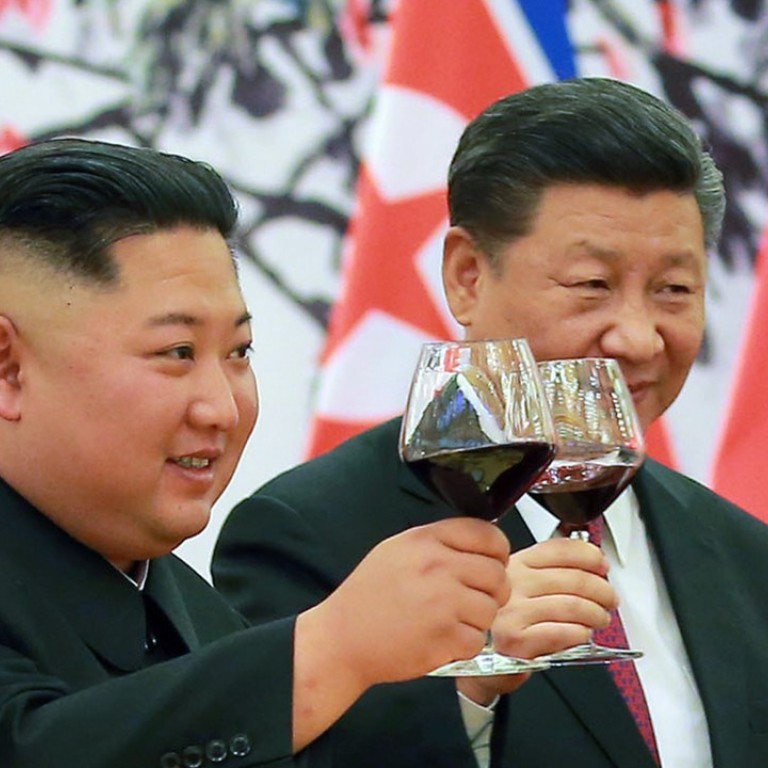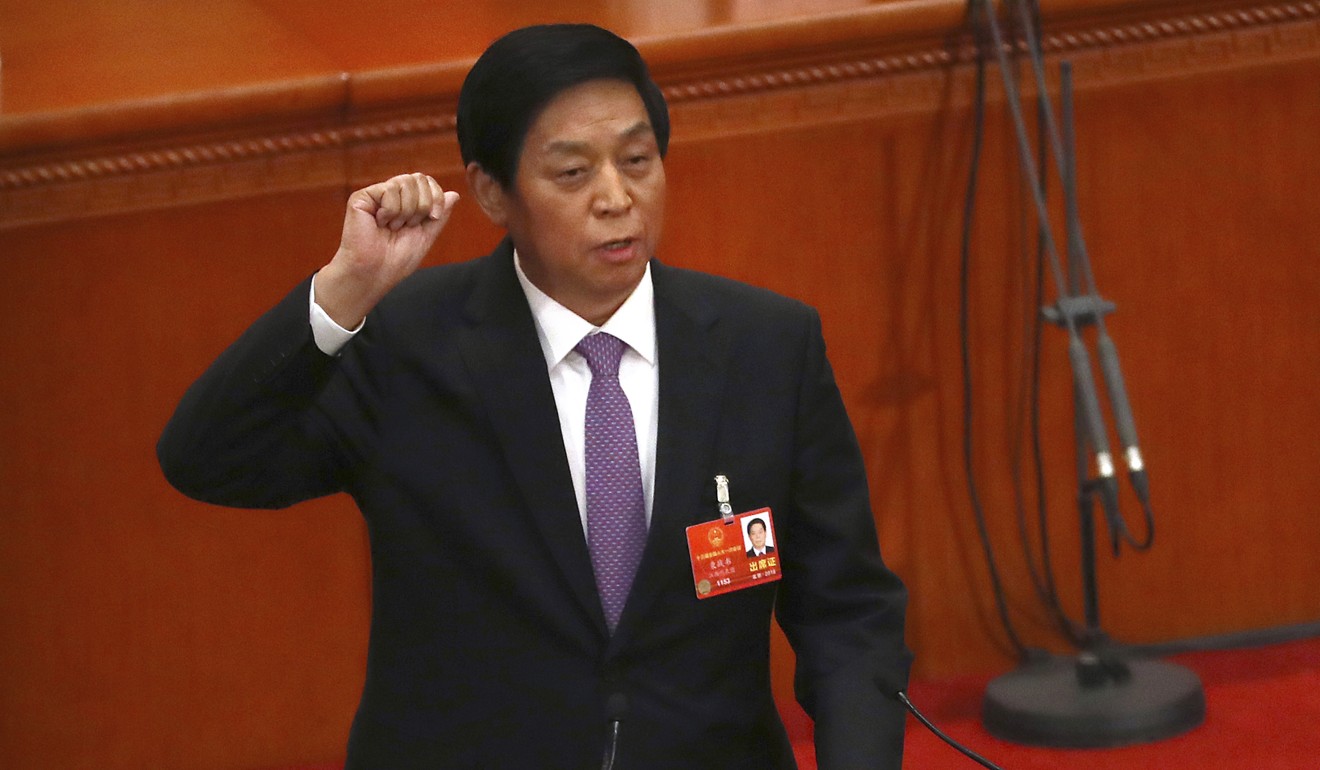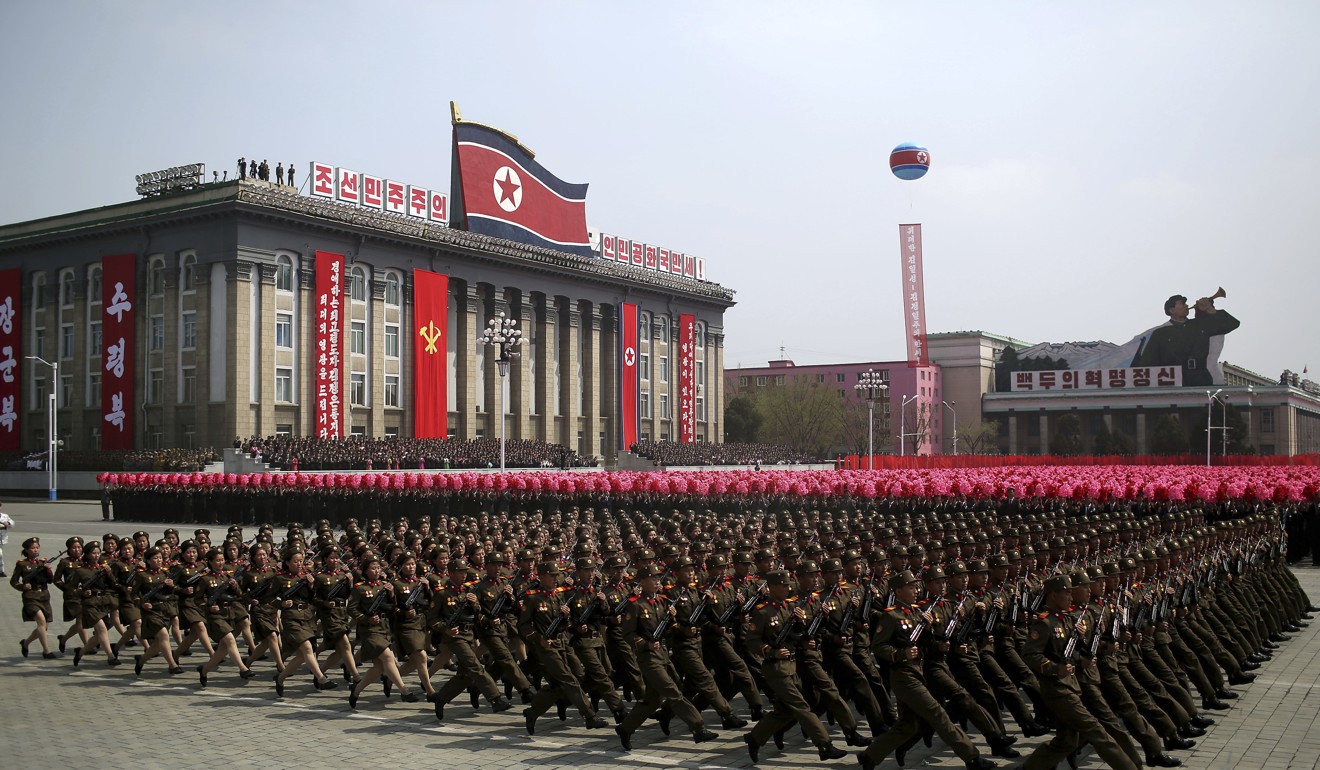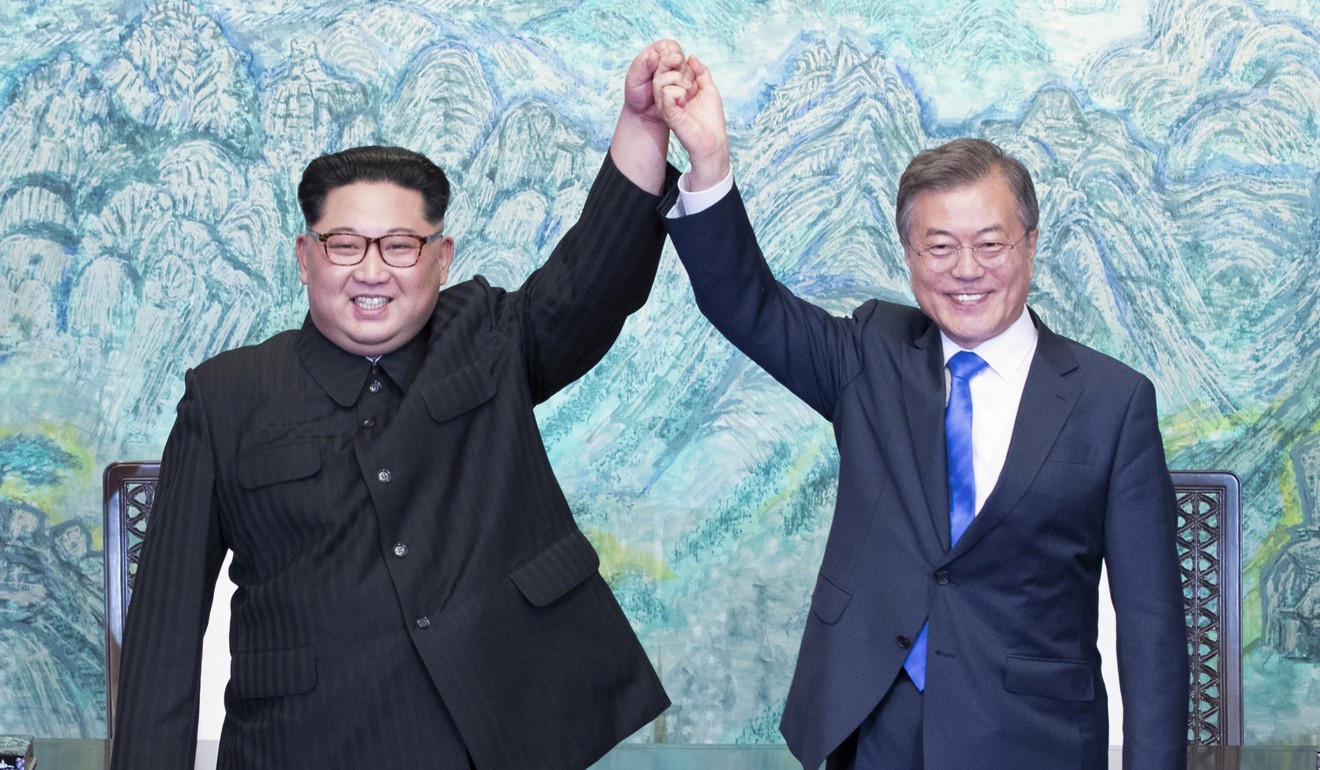
There’s no point asking why Xi Jinping isn’t going to North Korea. A better question is: what would he achieve by doing so?
At first sight the Chinese President’s decision not to attend his neighbour’s 70th anniversary celebrations may look like a snub. But Edward Howell argues there is little to gain and more to lose from doing so
Why decide to shun a close ally at this most crucial time, especially following three visits by Kim Jong-un to meet Xi in China earlier this year? Reciprocating would only seem to be following diplomatic convention.
Nevertheless, we should not ask why Xi decided not to attend, instead opting to send Li Zhanshu, Chairman of the National People’s Congress on his behalf, but instead – and importantly – question what would have been achieved had Xi actually gone.
The short answer is: most likely very little.
The close alliance between China and North Korea is well known. In his visit to Beijing, Kim stressed “the preciousness of the DPRK-PRC friendship”, where “stability in the region” is critical for these “two brotherly neighbours.”
Xi to send right-hand man Li Zhanshu to North Korea
Kim also emphasised the DPRK’s commitment to developing a “friendly relationship between the two countries at a new, higher level”, a relationship “established through the sacred joint struggle for the cause of socialism”.
It would only seem natural for the Chinese President to return Kim’s three visits this year by accepting the invitation to visit Pyongyang for Sunday’s celebrations.
Yet, this issue highlights China’s complex position in the international system. It is crucial to Xi that China is seen as a responsible power, which means maintaining amicable ties with Washington.

US President Donald Trump justified his recent decision to cancel Secretary of State Mike Pompeo’s visit to Pyongyang not only with reference to the lack of progress on denuclearisation, but also pointed to China as a key factor.
Trump blamed Beijing for “not helping with the process of denuclearisation as they once were”, owing to Washington’s “much tougher trading stance” towards China.
With a frosty relationship between the White House and Zhongnanhai, Xi is keen to play his cards carefully.
A visit to Pyongyang as a show of support to its North Korean ally could be seen as a snub that would dent the image of China as a responsible great power.
Although Chinese companies were sanctioned for aiding trade with North Korea last month, Beijing has stressed that “China has strictly abided by the UN Security Council resolutions”, and urged Washington “to reconsider its DPRK policy and change its course toward a constructive direction”.

Even if Xi were to attend, the big question would be what such a visit would achieve in terms of Sino-North Korean bilateral relations, and, crucially, making progress on denuclearisation.
A visit by Xi would be a sure symbol of the strength of the two sides’ alliance, but it is debatable as to whether it would be much more than this.
Sending Li Zhanshu does not concede any of China’s leverage.
Without the USA’s cooperation, a visit by Xi could generate little concrete progress on the nuclear issue.
One of North Korea’s top rocket men, who was sanctioned by US, dies
In particular, the increasingly prominent role of South Korea’s President Moon Jae-in seems ever more divergent with Trump’s continued insistence on denuclearisation.
Crucially, Moon, in his Liberation Day speech on August 15, affirmed how China was “playing a significant role in promoting peace on the Korean peninsula”, with the South Korean and Chinese leaders agreeing to “further develop the strategic partnership between the two countries”.
At a time when Washington is pointing the finger at Beijing, Seoul seems to be demonstrating a greater penchant towards “ultimate denuclearisation through dialogue rather than maximum pressure” – a process to which Beijing is committed.
But were Xi to step in and visit Kim on Sunday, Seoul-Beijing relations may take a dip.

As it is, a team of special envoys from the South visited Pyongyang on Wednesday for what the Blue House described as an “exchange of opinions”.
A third summit between Moon and Kim in North Korea is also planned to take place from September 18 to 20.
Moon seems keen to make progress in his dealings with the North but is fully aware that he needs Washington and Pyongyang to cooperate if there is to be any progress regarding issues such as the latter’s nuclear arsenal or egregious human rights violations.
South Korea wants ‘irrevocable progress’ on nuclear diplomacy
For Xi Jinping, unlike his American counterpart, patience is key.
As Xinhua news has stated “patience and perspective can never be over-emphasised for a complex geopolitical issue like the Korean Peninsula”.
Indeed, as the Chinese news agency also said, at the moment “the ball is in Washington’s court”. Now it is up to the US to return it.
Edward Howell is an ESRC Scholar in international relations at the University of Oxford

